What Are the 7 Chakras? A Beginner’s Guide
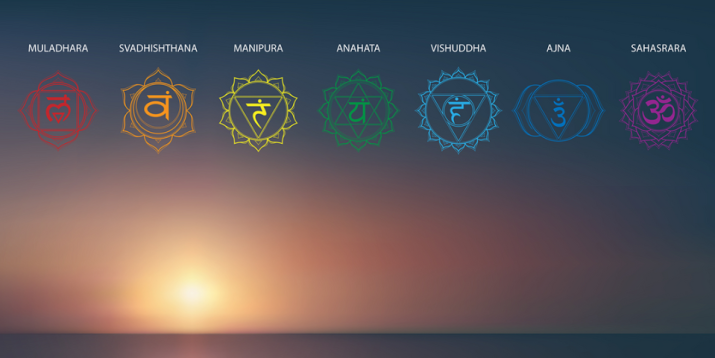
You’ve taken a yoga class or two. While you may not think of yourself as a yogi quite yet, you know the difference between mountain pose and chaturanga. But your instructor keeps tossing around one word that throws you off balance (literally!) every time — chakras.
Cakra is Sanskrit for “wheel,” and this yoga term refers to an energy center in the body. Think of chakras as focal points for physical, mental, and emotional energy.
There are hundreds of chakras throughout the human body, but only seven major chakras affect your daily life, according to yogis. Keep reading to learn more about what chakras do and how you can open them.
What Does a Chakra Do?
The “job” of a chakra is to oversee all things psychological, physical, and spiritual. Your chakras hold energy, emotions, thoughts, and experiences specific to the area they influence. You might hear talk of opening, aligning, or grounding your chakras.
Taylor Briggs Nabavi, E-RYT 200, says that you can use the chakras as a lens to seek balance and end mental suffering.
“Chakras are a great complement to the Western psychological system,” she says. “In talking about your past and experiences, certain emotions and energy are unearthed. The chakra system invites us to explore the energy blockages that may have been created through those experiences and to welcome balance through focused meditation and reflection in those areas.”
What Are the 7 Chakras?
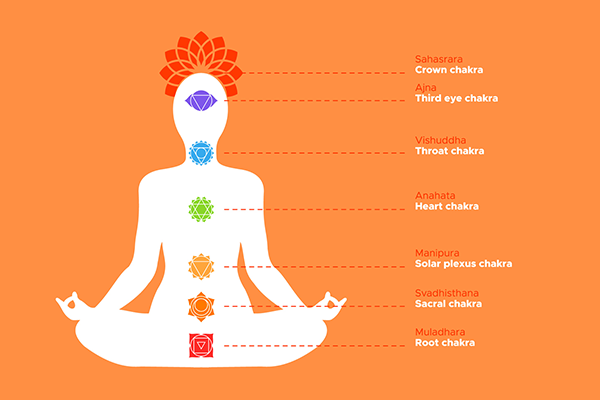
The seven chakras you hear about most often run up and down your spine, and when they are “open,” your energy flows freely. Here’s a look at where they’re located, what they “oversee,” and the color associated with each one.
1. Root Chakra (Muladhara)
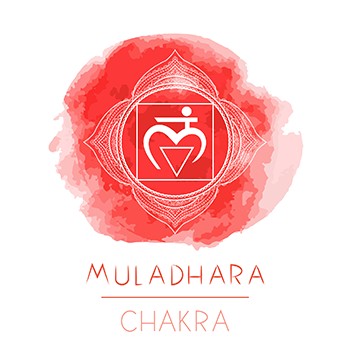
Location: Base of spine
Intention: Primarily deals with survival and the physical body
Color: Red
Area of the body: Adrenal glands
Supports: Your need to feel safe and secure
2. Sacral Chakra (Svadhisthana)
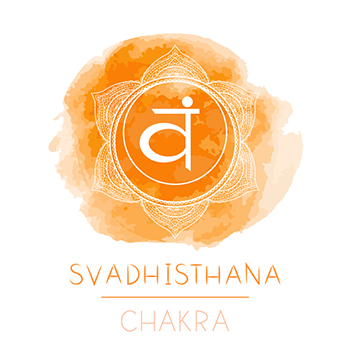
Location: Sacrum
Intention: Governs your emotions and creativity
Color: Orange
Area of the body: Reproductive organs
Supports: Your ability to sustain healthy relationships
3. Solar Plexus Chakra (Manipura)
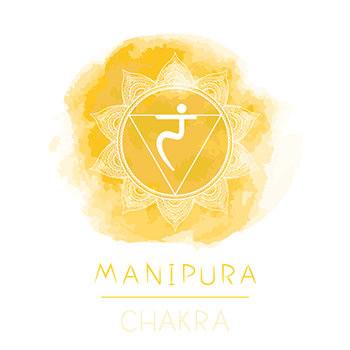
Location: Belly
Intention: Your ability to radiate personal power and confidence
Color: Yellow
Area of the body: Digestive system
Supports: Your habits, judgments, and opinions
4. Heart Chakra (Anahata)
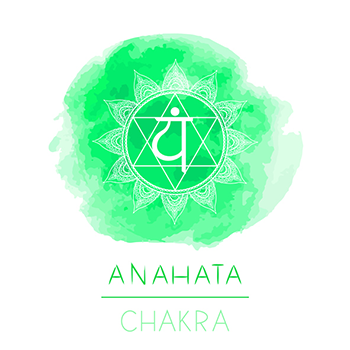
Location: Heart
Intention: The core of the true self; the first chakra that moves from “me” to “we”
Color: Green
Area of the body: Circulatory system and the heart
Supports: Your ability to love yourself and others by guiding you toward compassion
5. Throat Chakra (Vishuddha)
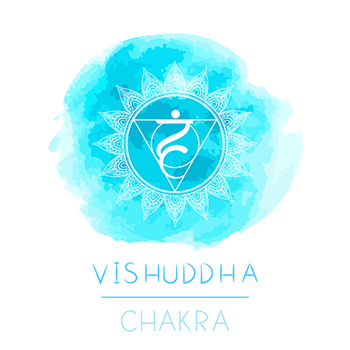
Location: Throat
Intention: Purification
Color: Blue
Area of the body: Neck, jaw, teeth, and mouth
Supports: How you communicate and express yourself
6. Third Eye Chakra (Ajna)
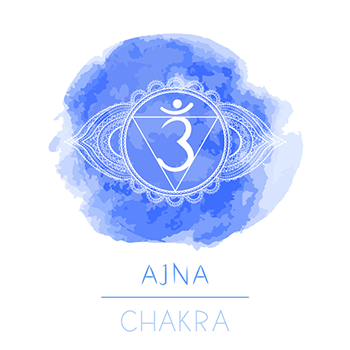
Location: Top of the spinal column into the space between your eyebrows
Intention: Helps you look into the future and manifest your dreams
Color: Violet or indigo
Area of the body: Pituitary and endocrine gland
Supports: Your intuition
7. Crown Chakra (Sahasrara)
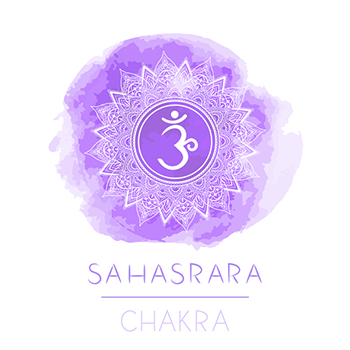
Location: Right above the head
Intention: The beginning of a transcendental path (beyond the physical or emotional)
Color: White
Area of the body: Pineal gland
Supports: Helps you reach spiritual awakening
How Do You Open Your Chakras?
There’s no right or wrong way to “open” or align your chakras. To do so simply means you’re working on the areas associated with that chakra. To “open” your heart chakra, for example, might involve yoga poses that stretch your chest, a meditation on love, or a visualization of your heart opening and the color green.
When you’re just getting started, “the lower chakras are sometimes more tangible,” explains Briggs Nabavi.
And, since the chakras are connected, “balance or imbalance in one chakra can interfere with how another chakra is flowing,” she says.
Here are some tried and true ways to open or align your chakras:
- Meditation, including BODi Sound Meditation
- Yoga
- Mantras
- Visualization
Try this chakra meditation provided by Briggs Nabavi:
- Find a comfortable seat, sit up tall, and find your breath.
- Close your eyes, take a full breath in and full breath out. Create a rhythm with your inhales and your exhales.
- Then, imagine a current of energy running from the base of your spine out through the crown of your head.
- Focus on each chakra, envisioning the color and trait associated with each one. Move through one at a time, as slowly as you want.
- Once you finish meditating on all the chakras, feel free to repeat the cycle.
Next time you feel stalled or inhibited by an emotion, pause and check what chakra that emotion is tied to. Practice one of the above ways to open that chakra and better find balance.
